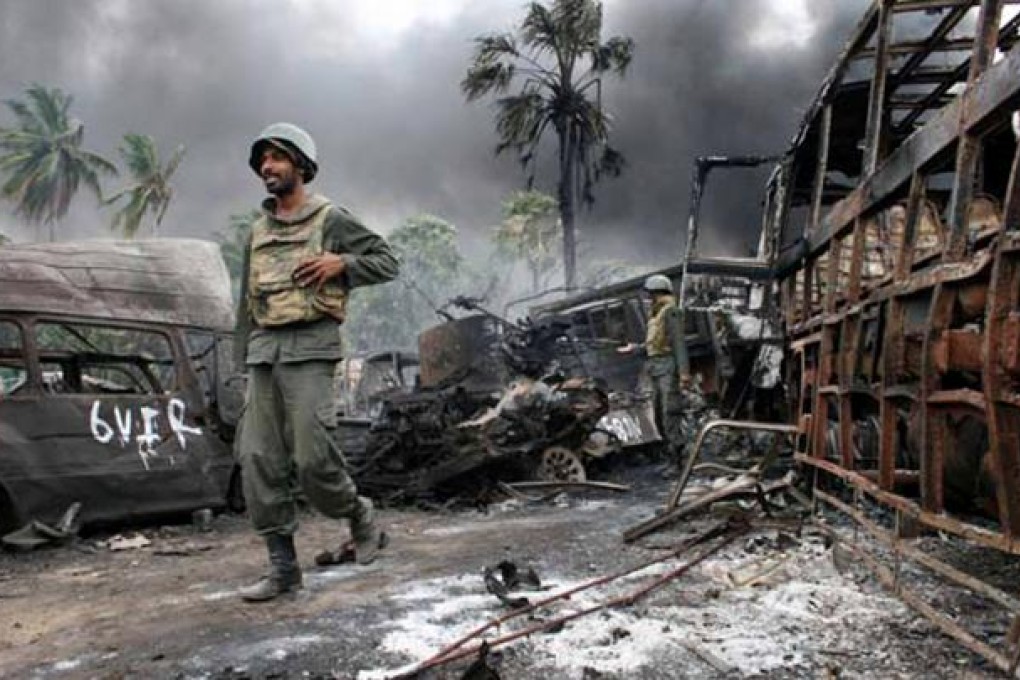Sri Lanka must face up to war crimes
Gareth Evans says the government has to bear its share of responsibility for the 2009 atrocities

One of the worst atrocity crime stories of recent decades has barely registered in the world's collective conscience. We remember and acknowledge the shame of Cambodia, Rwanda, Bosnia and Darfur. We agonise about the failure to halt the atrocities in Syria. But, at least until now, the world has paid almost no attention to war crimes and crimes against humanity comparable in their savagery to any of these: the killing fields of Sri Lanka in 2009.
Three years ago, in the bloody endgame of the Sri Lankan government's war against the separatist Tamil Tigers, some 300,000 civilians became trapped between the advancing army and the last rebel fighters in a tiny strip of land in the northeast.
With both sides showing no restraint, at least 10,000 civilians - possibly as many as 40,000 - died in the carnage that followed, as a result of indiscriminate army shelling, rebel gunfire, and denial of food and medical supplies.
The lack of outrage mainly reflects the government's success in embedding in the minds of policymakers and public an alternative narrative: that what occurred was the defeat, by necessary means, of a terrorist insurrection.
The other key reason behind the world's silence is that the Sri Lankan government was relentless in banning independent observers from reporting on its actions. And this problem was compounded by the timidity of in-country UN officials in communicating such information as they had.
President Mahinda Rajapaksa's government claimed throughout, and still does, that it maintained a "zero civilian casualties" policy. Officials argued that no heavy artillery fire was ever directed at civilians or hospitals, that any collateral injury to civilians was minimal, and that they fully respected international law.